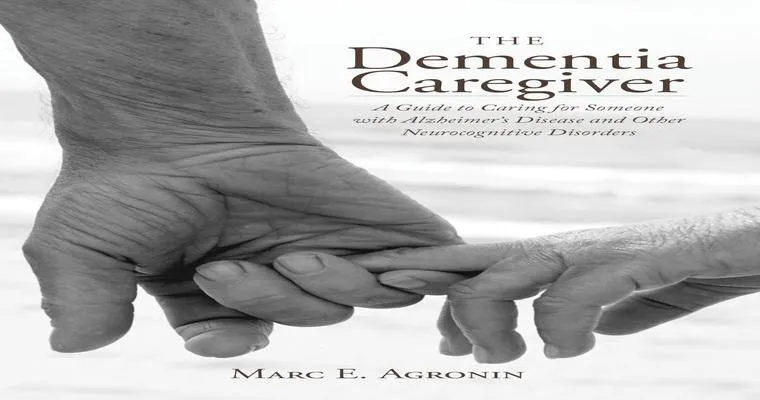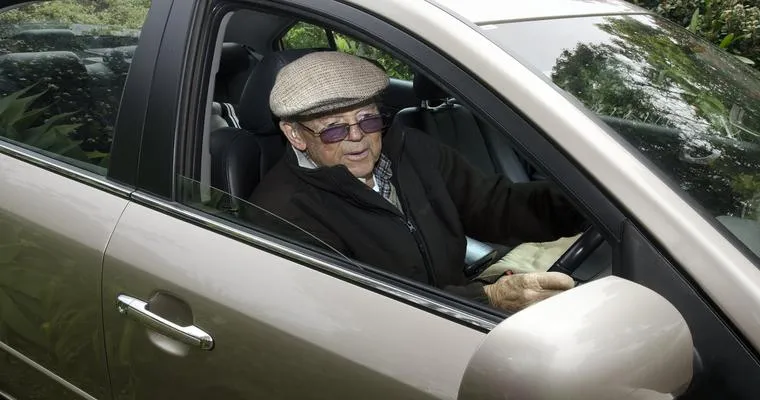Caring for someone with dementia can be an incredibly challenging experience, but it becomes even more complex when the "caregiver has dementia" themselves. This unique situation can lead to emotional, physical, and mental strain for both the caregiver and the person receiving care. Understanding the implications and seeking appropriate solutions is essential for maintaining quality of life for everyone involved.
Dementia is a progressive disease that affects memory, thinking, and behavior. When the "caregiver has dementia", their ability to provide adequate support may diminish over time. This can create a cycle of stress and confusion, as the caregiver may struggle to remember important information, manage daily tasks, and recognize the needs of the person they are caring for. It is crucial to address this issue promptly to ensure that both parties receive the support they need.
One of the most significant challenges in this scenario is the emotional toll it takes on both the caregiver and the individual with dementia. The caregiver may experience feelings of frustration, guilt, and sadness as they come to terms with their condition while also trying to care for someone else. This emotional burden can lead to "caregiver burnout", affecting their health and wellbeing.
To mitigate these challenges, it is important to establish a support system. Friends and family members can play a vital role in providing assistance and companionship. In some cases, professional help may be necessary. Hiring a "home health aide" or utilizing adult day care services can relieve some of the pressures faced by caregivers with dementia. These professionals can ensure that the individual receiving care has the attention and support they need while allowing the caregiver to focus on their health.
Additionally, seeking support groups specifically designed for caregivers with dementia can be highly beneficial. These groups provide a safe space for sharing experiences, gaining insights, and receiving emotional support from others who understand the unique challenges faced in this situation. It can be reassuring to know that you are not alone in this journey.
Communication is another critical aspect when the caregiver has dementia. It is essential to maintain open lines of communication with the person being cared for, as well as with other family members. Utilizing simple language, visual aids, or written reminders can help bridge the gap in communication that often arises with dementia. This ensures that both parties feel heard and understood, even amidst the challenges of the disease.
In conclusion, when the caregiver has dementia, the situation can be daunting, but it is not insurmountable. By establishing a robust support network, seeking professional help, and maintaining open communication, caregivers can continue to provide care while also prioritizing their own health. It is essential to recognize the signs of "caregiver burnout" and take proactive steps to address them. Remember, caring for oneself is just as important as caring for others, especially in the context of dementia.





